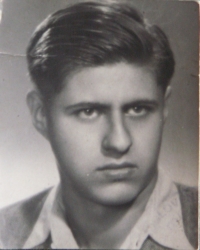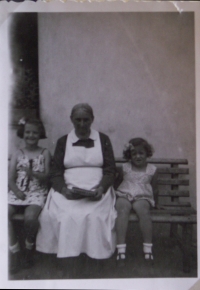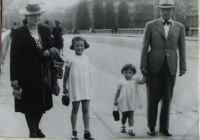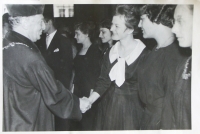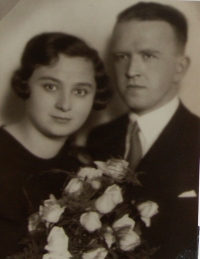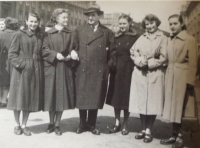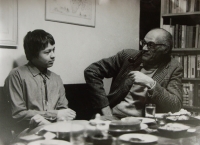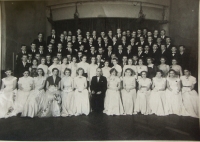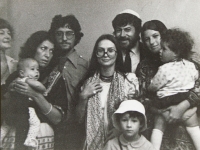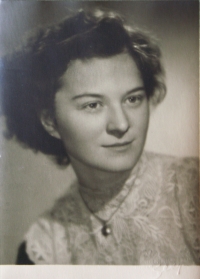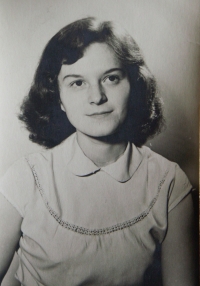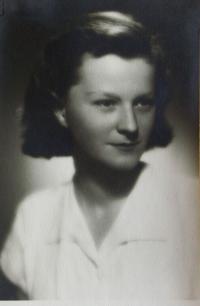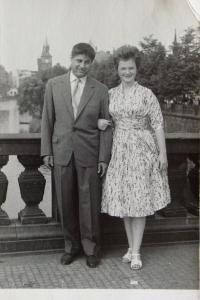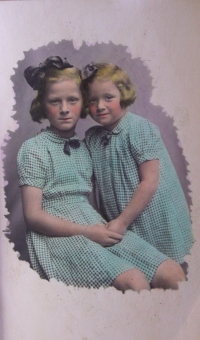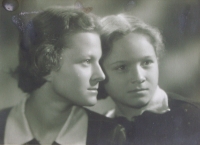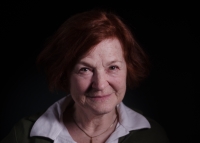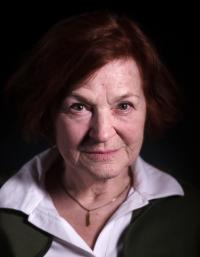My parents ended up in the camps and I in an orphanage

Download image
Helena Klímová was born on 3 February 1937 into the family of Josef Malý, an engineer in the Ringhoffer Tatra fatory. Since he refused to divorce his Jewish wife, Josef Malý was imprisoned in a labor camp during WW II. Helena and her younger sister Hana ended up in orphanage after their mother was deported to the Terezín ghetto. Both her parents survived the camps but Helena’s mother ended up with perpetual health problems. Helena graduated from Czech language and literature at Charles University. Ever since 1962 she worked as an editor of Literary Papers. She married the writer Ivan Klíma. Because of her dismissal of the communist regime and contacts with dissidents she found it difficult to find employment and was interrogated by the secret police. In 1978 she signed Charter 77. She wrote texts in support of people persecuted by the communist regime, which were also being published abroad. Eventually, she found a job in a marital advice office in Mělník. Ever since 1970s she has pursued psychoanalysis and psychotherapy.
